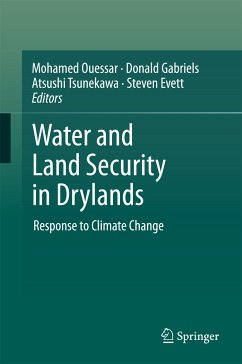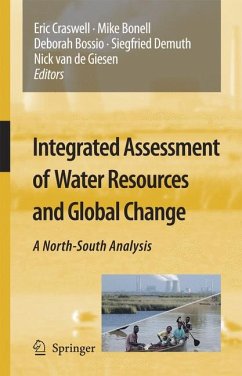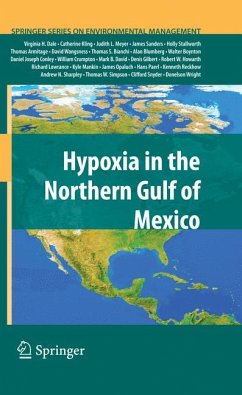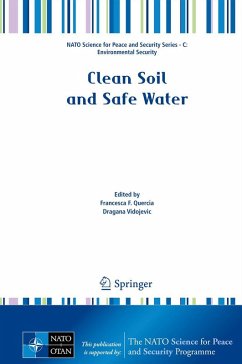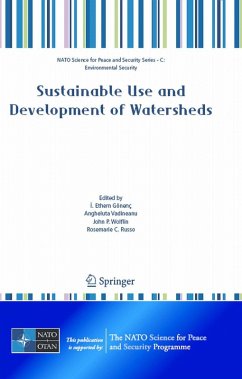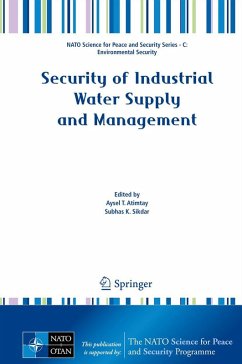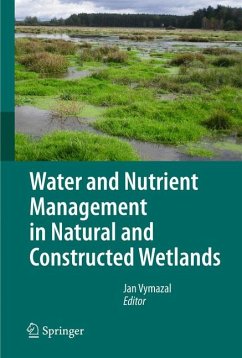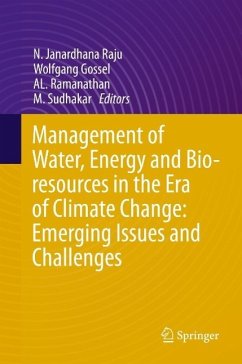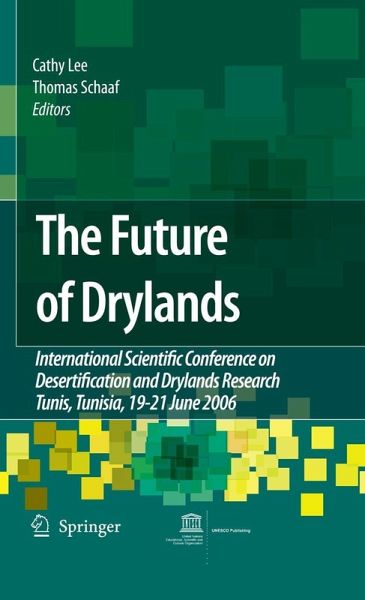
The Future of Drylands (eBook, PDF)
International Scientific Conference on Desertification and Drylands Research, Tunis, Tunisia, 19-21 June 2006
Redaktion: Lee, Cathy; Schaaf, Thomas
Versandkostenfrei!
Sofort per Download lieferbar
160,95 €
inkl. MwSt.
Weitere Ausgaben:

PAYBACK Punkte
80 °P sammeln!
Drylands have been cradles to some of the world's greatest civilizations, and contemporary dryland communities feature rich and unique cultures. Dryland ecosystems support a surprising amount of biodiversity. Desertification, however, is a significant land degradation problem in the arid, semi-arid and dry sub-humid regions of the world. Deterioration of soil and plant cover has adversely affected 70% of the world's drylands as a result of extended droughts as well as mismanagement of range and cultivated lands. The situation is likely to worsen with high population growth rates and accompanyi...
Drylands have been cradles to some of the world's greatest civilizations, and contemporary dryland communities feature rich and unique cultures. Dryland ecosystems support a surprising amount of biodiversity. Desertification, however, is a significant land degradation problem in the arid, semi-arid and dry sub-humid regions of the world. Deterioration of soil and plant cover has adversely affected 70% of the world's drylands as a result of extended droughts as well as mismanagement of range and cultivated lands. The situation is likely to worsen with high population growth rates and accompanying land-use conflicts.
The contributions to The Future of Drylands - an international scientific conference held under the leadership of UNESCO - address these issues and offer practical solutions for combating desertification along with conserving and sustainably managing dryland ecosystems. Major themes include the conservation of dryland biological and cultural diversity and the human dryland interface. This volume documents how our improved understanding of drylands provides insight into the health and future prospects of these precious ecosystems that should help ensure that dryland communities enjoy a sustainable future.
The contributions to The Future of Drylands - an international scientific conference held under the leadership of UNESCO - address these issues and offer practical solutions for combating desertification along with conserving and sustainably managing dryland ecosystems. Major themes include the conservation of dryland biological and cultural diversity and the human dryland interface. This volume documents how our improved understanding of drylands provides insight into the health and future prospects of these precious ecosystems that should help ensure that dryland communities enjoy a sustainable future.
Dieser Download kann aus rechtlichen Gründen nur mit Rechnungsadresse in A, B, BG, CY, CZ, D, DK, EW, E, FIN, F, GR, HR, H, IRL, I, LT, L, LR, M, NL, PL, P, R, S, SLO, SK ausgeliefert werden.




